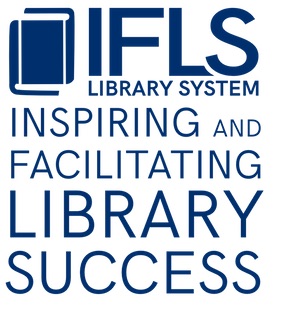I’ve been thinking a lot about child development lately, and how libraries can step in to support young children as they grow. The Growing Wisconsin Readers project, with its website and blog and other great resources, has helped nudge me to think about this even more, and this year IFLS received an LSTA grant to help strengthen our early literacy muscles and partnerships. All great things!
Sometimes I worry that when people hear the words “early literacy,” they think of preschoolers learning to read.
For most preschoolers, learning to read is not developmentally appropriate or possible. Children need interaction with caring adults and with each other, they need to be exposed to lots of rich language through books, play and song. They need to explore their world through experimenting with art and science. They need experiences that allow them to develop fine motor control, but they need all of these things in ways that recognize their developmental stages.
Parents sometimes come into the library looking for ways to help their young toddlers or preschoolers learn to read, and it is a great opportunity to share with them all the ways that they can support their young child’s development that will allow them to become readers, thinkers, cooperators, creators their whole life long. I love the five early literacy practices encouraged by Every Child Ready to Read 2: Read, Play, Talk, Sing, Write. Giving parents concrete examples of the ways that these practices will help their children in life and in school is a great response. In a recent ALSC listserv discussion, someone pointed to this great blog post that compared our patience with toddlers when they are learning to go downstairs with our impatience for them to develop other skills before they are ready.
